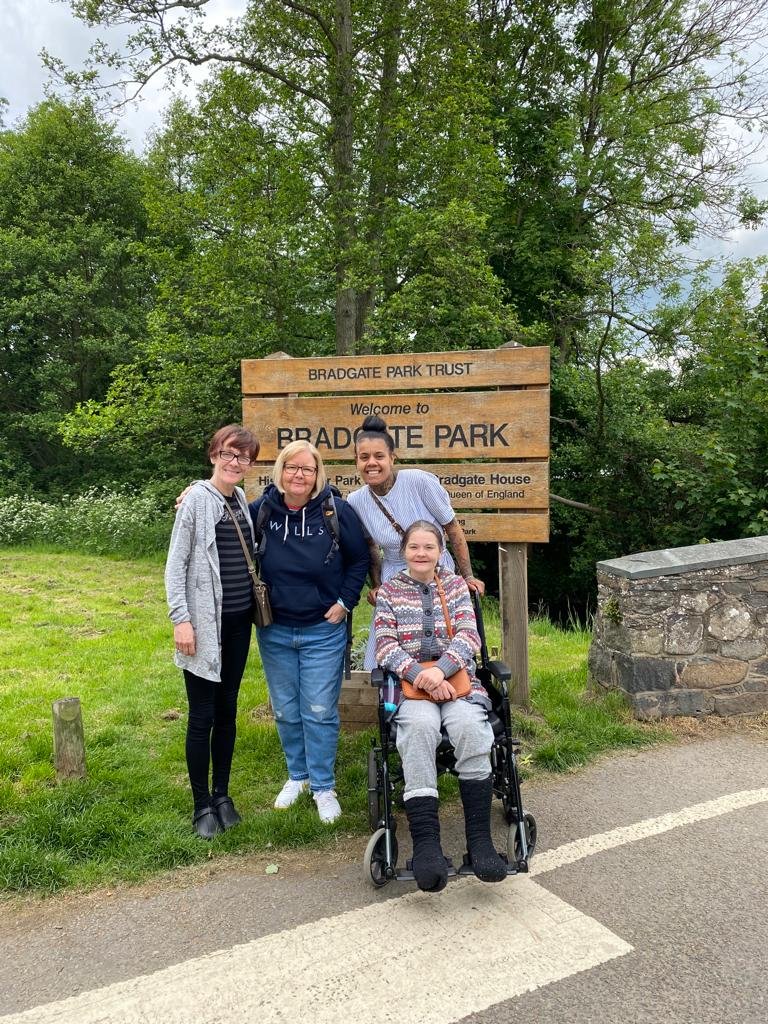
Our Program
Our program has been developed by combining vast amounts of experience and education to create a unique blend of one to one therapy, group work, spiritual awareness, recreation time, therapeutic duties and volunteering.
We believe our program will take residents on a journey of change which has been loosely developed around Maslow’s Hierarchy of Needs.
In 1943, psychologist Abraham Maslow developed the idea that we have a Hierarchy of Needs. His theory explains how we progress to reach our full potential and thrive. The first stage is to meet physiological needs, which people who are homeless and stuck in addiction focus on every day to meet, just to survive.
Physiological needs
Food, water, clothing, sleep, and shelter are the basic human needs for survival. For many people experiencing homelessness and trapped in addiction, each day consists of trying to meet these needs. This is usually the point in which we as Verto Living get involved. We work with partner agencies who engage and offer practical support to people living day to day in survival mode. Partners such as Turnaround West Midlands, Embrace and the Hope Centre Coventry provide immediate care to meet the physiological needs of people before they are referred to us as a housing provider.
Safety and Security
Once a person’s basic needs are satisfied, the theory says the need for safety and security emerges. Many complex issues can prevent people experiencing homelessness and addiction find safety and security, including poor educational attainment. Other contributors can include substance misuse, trauma and Post Traumatic Stress Disorder (PTSD), and mental or physical health challenges. We know that being able to access long term secure and safe accommodation is key to supporting people to overcome challenges like these.
Love and belonging
Human beings are social and we rely on each other to survive and thrive.
Tabitha House offers support to the most vulnerable women in Coventry without prejudice or judgement. People are supported to access the service that best suits their needs around mental health, substance misuse, domestic violence and offending histories, all contributing factors to homelessness and addiction. We are proud to work with a number of specialised services and agencies to support our residents. Wherever possible, we help people to reconnect either, with family and friends who they have previously been estranged.
Many people have experienced painful, damaging relationships in the past, so experiencing love and belonging is a critical step in recovery. We hope residents at Tabitha House experience both, through the support we provide.
Esteem
Slowly gaining self-esteem and confidence means that people can work on building a healthy relationship with themselves and others.
We have a range of on-site activities designed to reduce social isolation and build confidence.
Our staff offer emotional support to reduce isolation and access to education, employment and community activities. These include volunteering opportunities within our partner agencies and a weekly opportunity to work at The Halo Centre supporting Coventry Foodbank.
Self-Actualisation
According to Maslow, and many more psychologists and philosophers agree, we are made for a purpose-driven life. For a person to reach their highest potential is extremely rewarding and can give meaning to the extremely challenging life experiences that many people face. This will look different and unique for each and every person.
At Tabitha House we believe that each person is unique and of value, entitled to choose to make positive changes in their lives and support to reach their full potential.


